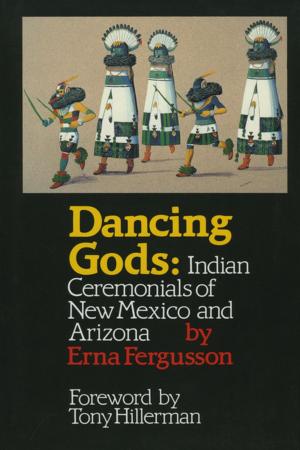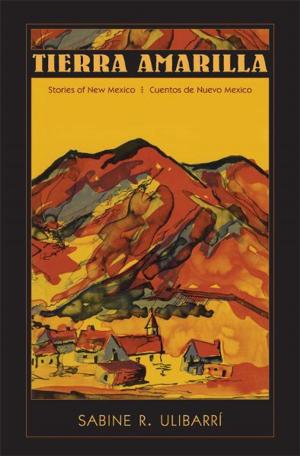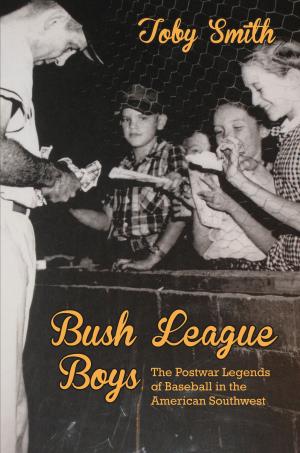Cesar Chavez and the Common Sense of Nonviolence
Nonfiction, Social & Cultural Studies, Political Science, Government, Social Policy| Author: | José-Antonio Orosco | ISBN: | 9780826343772 |
| Publisher: | University of New Mexico Press | Publication: | March 31, 2008 |
| Imprint: | University of New Mexico Press | Language: | English |
| Author: | José-Antonio Orosco |
| ISBN: | 9780826343772 |
| Publisher: | University of New Mexico Press |
| Publication: | March 31, 2008 |
| Imprint: | University of New Mexico Press |
| Language: | English |
Cesar Chavez has long been heralded for his personal practice of nonviolent resistance in struggles against social, racial, and labor injustices. However, the works of Gandhi and Martin Luther King Jr. have long overshadowed Chavez's contributions to the theory of nonviolence. José-Antonio Orosco seeks to elevate Chavez as an original thinker, providing an analysis of what Chavez called "the common sense of nonviolence." By engaging Chavez in dialogue with a variety of political theorists and philosophers, Orosco demonstrates how Chavez developed distinct ideas about nonviolent theory that are timely for dealing with today's social and political issues, including racism, sexism, immigration, globalization, and political violence.
Cesar Chavez has long been heralded for his personal practice of nonviolent resistance in struggles against social, racial, and labor injustices. However, the works of Gandhi and Martin Luther King Jr. have long overshadowed Chavez's contributions to the theory of nonviolence. José-Antonio Orosco seeks to elevate Chavez as an original thinker, providing an analysis of what Chavez called "the common sense of nonviolence." By engaging Chavez in dialogue with a variety of political theorists and philosophers, Orosco demonstrates how Chavez developed distinct ideas about nonviolent theory that are timely for dealing with today's social and political issues, including racism, sexism, immigration, globalization, and political violence.















